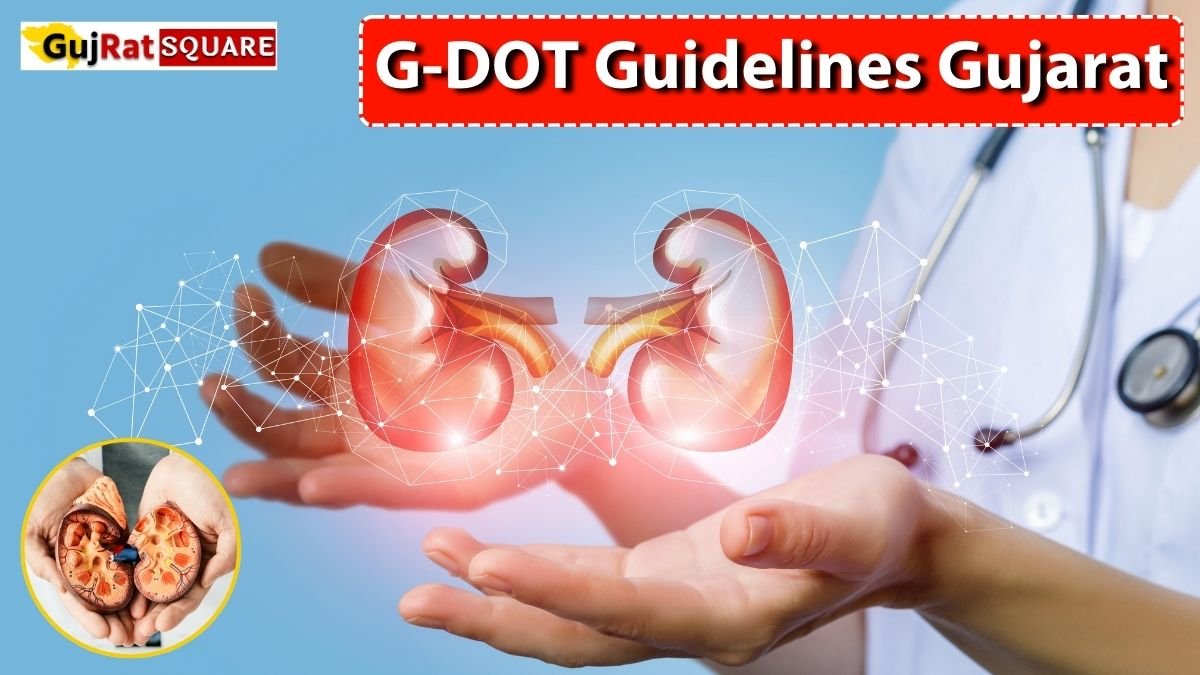Gujarat has set a milestone in kidney transplantation by introducing the G-DOT (Diseased Donor Organ and Tissue Transplantation) guidelines effective from April 2020. Thus, a historical initiative where both genders have equal rights over a donated kidney sets an example for the rest of India.
The state of Gujarat has greatly inspired hope for women and girl children by eliminating organ donation disparity.
Elimination of Gender Discrimination: A Milestone Achievement
The introduction of a point-based organ allotment system wherein women are given two bonus points to try to balance any discrimination against women in organ donation is perhaps the brightest jewel in the crown of G-DOT guidelines. Children are also given extra points so as to increase their chances of being transplanted.
In the olden days, before these guidelines, 61 per cent of donated kidneys were allocated to men, while women were receiving only 38 per cent. The current allocation is almost balanced at 50:50, which is an exceedingly remarkable change brought about for gender fair allocation of organs. Furthermore, this policy has made transplants free for children and covers them with immunosuppression drugs until 21.
Innovative Approaches to a Global Problem
Discrimination against women in organ donation is practiced around the world, not solely limited to India. Families there are often prone to funding transplants for sons rather than daughters. An evocative short film, ‘The Clay Horse’, cleverly dramatises the off-the-cuff realisation of the grave threat that girls face in getting transplantation for survival. G-DOT guidelines ought to have taken off from Gujarat in rectifying this perennial injustice.
G-DOT Guidelines: A Medical Breakthrough Comparable to Penicillin.
A formal effort initiating a transparent organ allocation policy, which also included the allocation of organs from brain-dead patients, began in 2012. Traditionally, many women donate organs; it, however, is mostly women who get organ transplants less. Acknowledging this inequity, in 2018, The Central Government directed every state in India to set up State Organ and Tissue Transplant Organizations (SOTOs). When Gujarat took over the program, it availed the opportunity to set up an organ allocation policy that awarded bonus points to women and children for a fairer distribution of organs.
The outcome is now for all to see: equal opportunities are accorded to men and women for kidney transplants, while young girls reap immense benefits from this allocation system. In terms of effect, this organ transplant legislation is no less than a penicillin-quality achievement.
What Is The Working Of The G-DOT Point-Based Allotment System?
Kidney allocation in Gujarat is done through a standardized, transparent process involving modern software, in which there is no human interference. It works in the following manner:
Matching Process:
When a kidney becomes available for transplantation from a brain-dead donor, it is tested for Human Leukocyte Antigen (HLA) compatibility and Panel Reactive Antibody (PRA). Software, after performing necessary calculations, ranks the kidney with recipients on the waiting list according to their suitability.
Bonus Points for Women and Children:
Women get 2 additional points in the allotment consideration
Children get:
- 6 points-anywhere from 0 to 5 years
- 4 points-anywhere from 6 to 10 years
- 2 points-anywhere from 11 to 18
If the recipient is a girl child, she gets points for both gender and age, which enhance her chance of getting a kidney.
Automatic Selection:
Entirely assured by software so that fairness is maintained; once parameters are fed into the program, it will generate lists of best matches, thus eliminating human bias.



